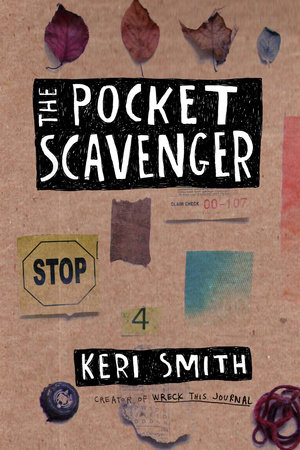

Becoming a Writer
By Dorothea Brande
By Dorothea Brande
Category: Reference | Self-Improvement & Inspiration

-
$17.00
Mar 01, 1981 | ISBN 9780874771640
Buy the Paperback:
YOU MAY ALSO LIKE
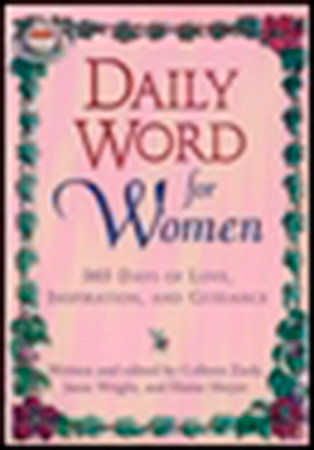
Daily Word for Women
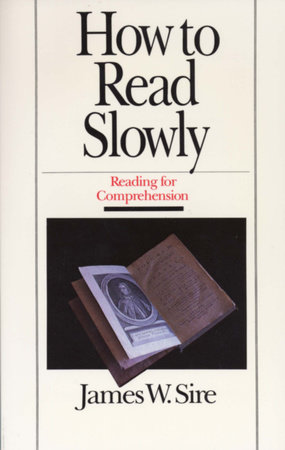
How to Read Slowly
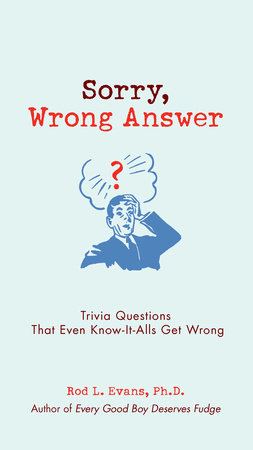
Sorry, Wrong Answer
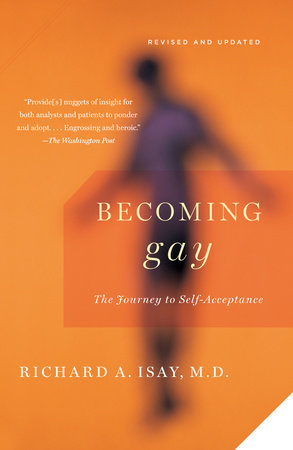
Becoming Gay
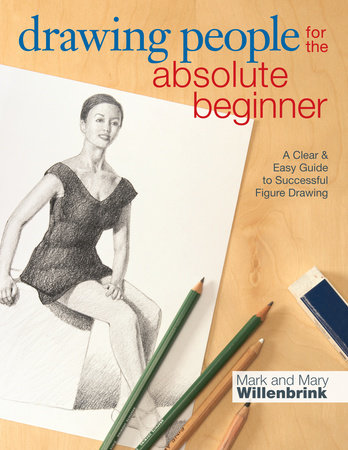
Drawing People for the Absolute Beginner
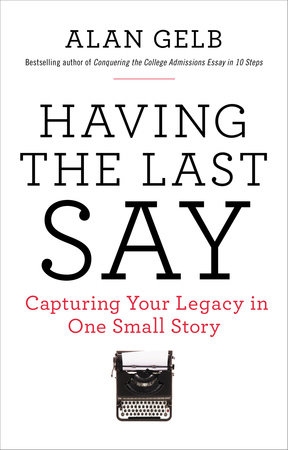
Having the Last Say
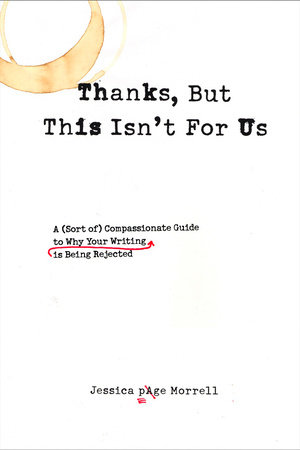
Thanks, But This Isn’t for Us
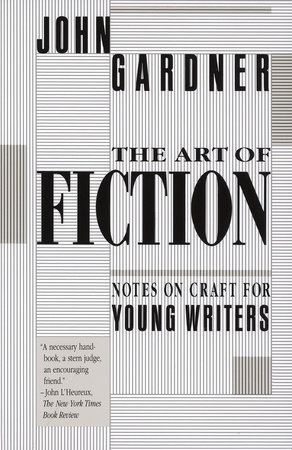
The Art of Fiction
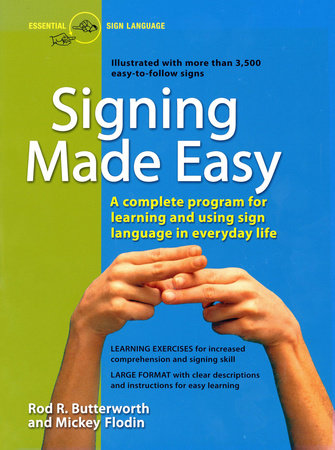
Signing Made Easy
Table Of Contents
Foreword by John Gardner
In Introduction
1. The Four Difficulties
The Difficulty of Writing at All; The “One-Book Author”; The Occasional Writer; The Uneven Writer; The Difficulties Not in Technical Equipment.
2. What Writers are Like
Cultivating a Writer’s Temperament; False and Real Artists; The Two Sides of a Writer; “Dissociation” Not Always Psychopathic; Everyday Examples of Dual Personality; The Slough of Despond
3. The Advantages of Duplicity
The Process of Story Formation; The “Born Writer”; Unconscious and Conscious; The Two Persons of the Writer; The Transparent Barrier; Keep Your Own Counsel; Your “Best Friend and Severest Critic”; The Right Recreation; Friends and Books; The Arrogant Intellect; The Two Selves Not at War; The First Exercise
4. Interlude: On Taking Advice
Save Your Energy; Imagination Versus Will in Changing Habits; Displacing Old Habits; A Demonstration; The Right Frame of Mind
5. Harnessing the Unconscious
Wordless Daydreams; Toward Effortless Writing; Double Your “Output”
6. Writing on Schedule
Engaging to Write; A Debt of Honor; Extending the Exercise; Succeed, or Stop Writing
7. The First Survey
Reading Your Work Critically; The Pitfalls of Imitation; Discovering Your Strength; A Footnote for Teachers
8. The Critic at Work on Himself
A Critical Dialogue
Be Specific in Suggestions
Correction After Criticism
The Conditions of Excellence
Dictating a Daily Regime
9. Readings as a Writer
Read Twice
Summary Judgment and Detailed Analysis
The Second Reading
Points of Importance
10. On Imitation
Imitating Technical Excellence
How to Spend Words
Counteracting Monotony
Pick Up Fresh Words
11. Learning to See Again
The Blinders of Habit
Causes of Repetitiousness
Recapturing Innocence of Eye
A Stranger in the Streets
The Rewards of Virtue
12. The Source of Originality
The Elusive Quality
Originality Not Imitation
The “Surprise Ending”
Honesty, the Source of Originality
Trust Yourself
“Your Anger and My Anger”
One Story, Many Versions
Your Inalienable Uniqueness
A Questionnaire
13. The Writer’s Recreation
Busmen’s Holidays
Wordless Recreation
Find Your Own Stimulus
A Variety of Time-Fillers
14. The Practice Story
A Recapitulation
The Contagiousness of Style
Find Your Own Style
The Story in Embryo
The Preparatory Period
Writing Confidently
A Finished Experiment
Time for Detachment
The Critical Reading
15. The Great Discovery
The Five-Finger Exercises of Writing
The Root of Genius
Unconscious, Not Subconscious
The Higher Imagination
Come to Terms with the Unconscious
The Artistic Coma and the Writer’s Magic
16. The Third Person, Genius
The Writer Not Dual But Triple
The Mysterious Faculty
Releasing Genius
Rhythm, Monotony, Silence
A Floor to Scrub
17. The Writer’s Magic
X Is to Mind as Mind to Body
Hold Your Mind Still
Practice in Control
The Story Idea as the Object
The Magic in Operation
Inducing the “Artistic Coma”
Valedictory
In Conclusion: Some Prosaic Pointers
Typewriting
Have Two Typewriters
Stationery
At the Typerwriter: WRITE!
For Coffee Addicts
Coffee Versus Maté
Reading
Book and Magazine Buying
Bibliography
Index
21 Books You’ve Been Meaning to Read
Just for joining you’ll get personalized recommendations on your dashboard daily and features only for members.
Find Out More Join Now Sign In







